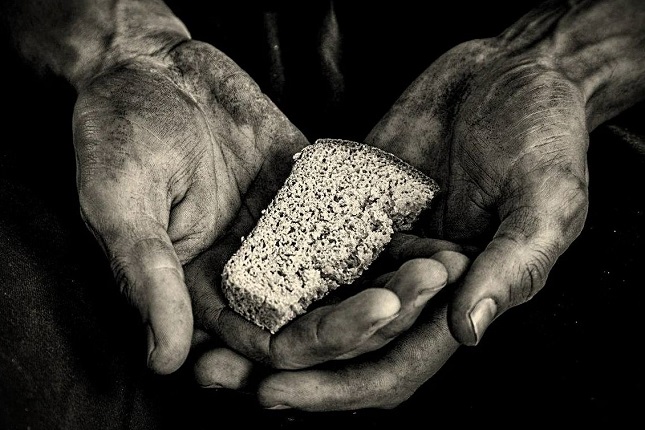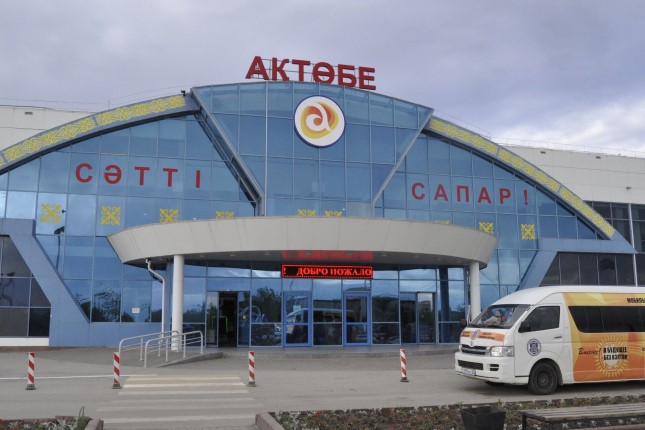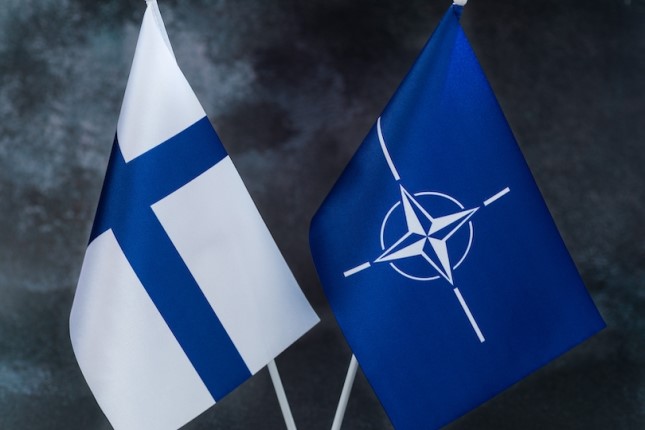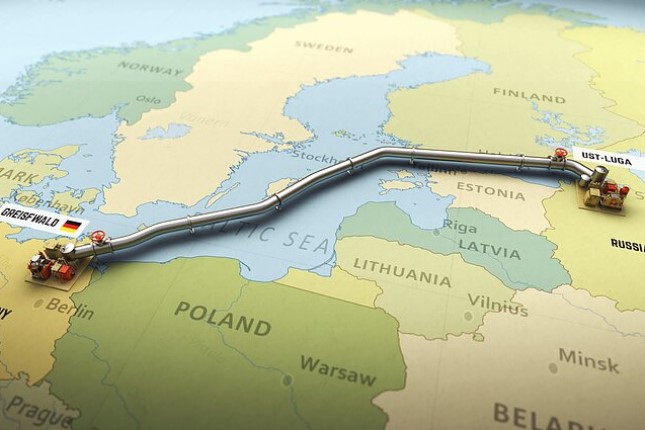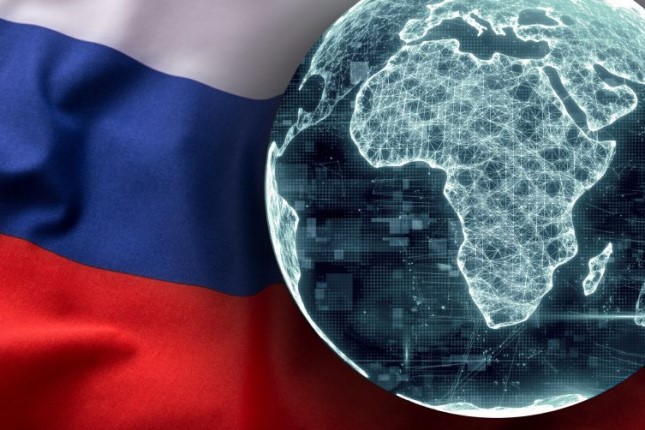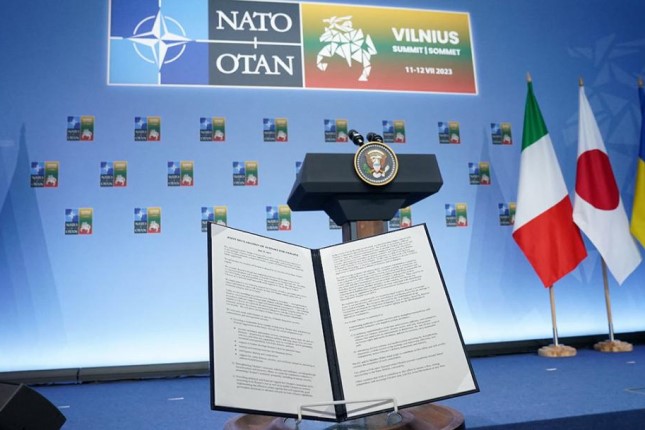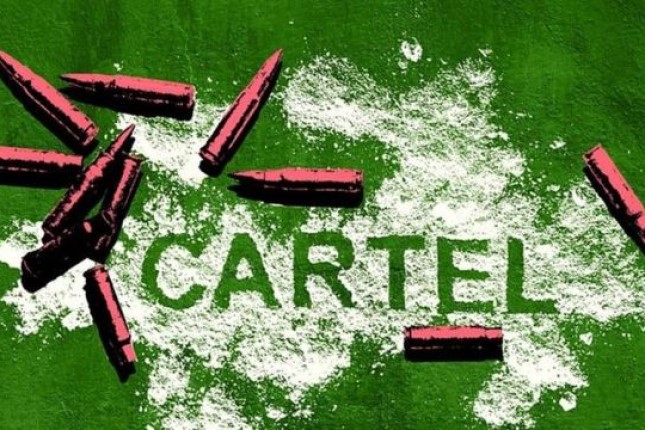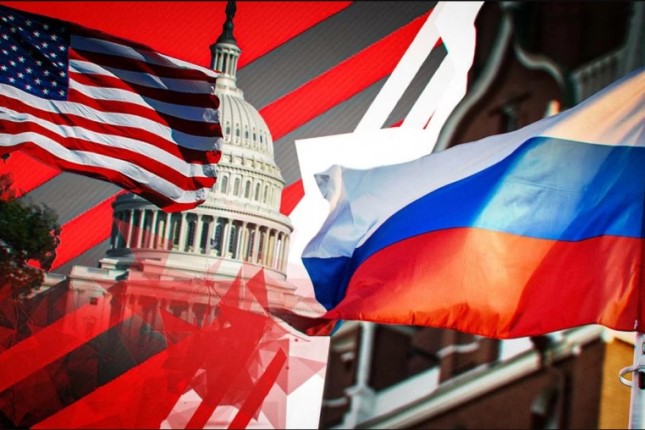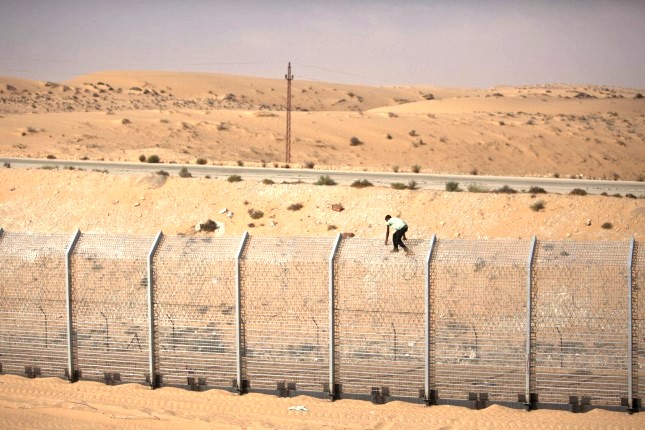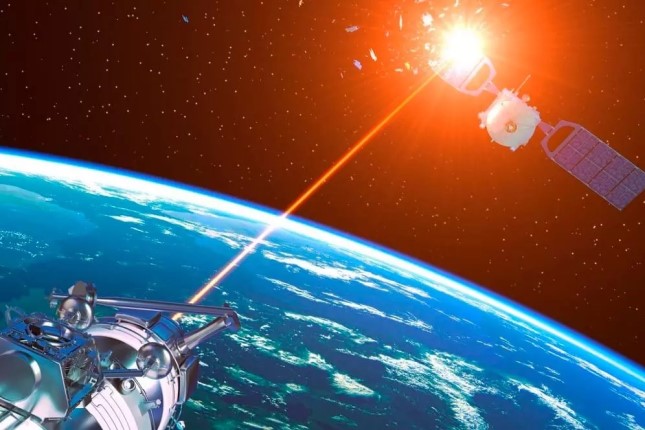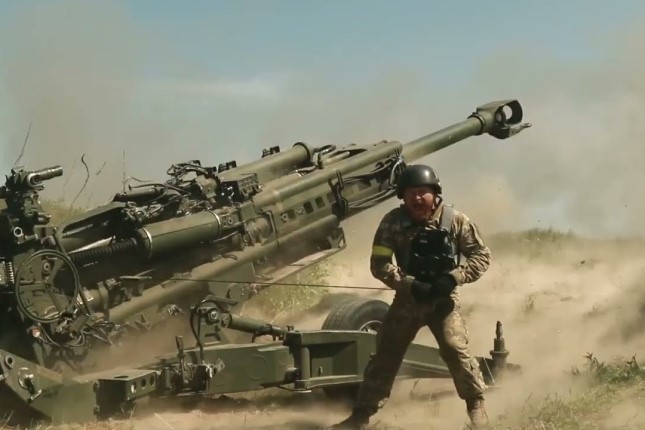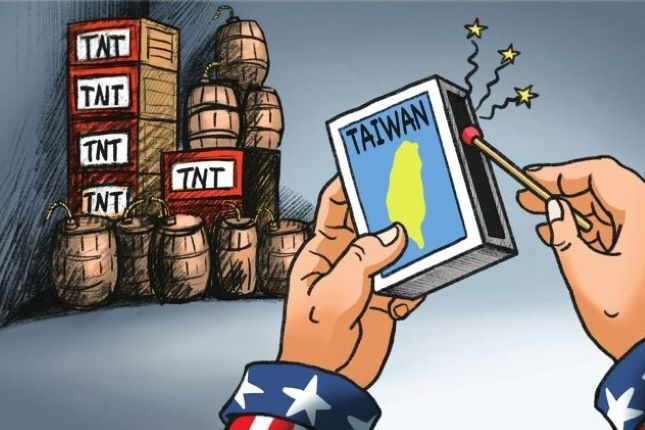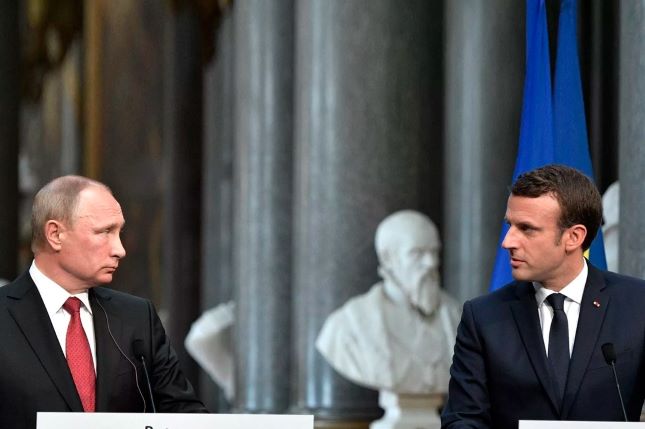Famine now ranks among the most prominent subjects on the world agenda. The UN, EU, and the US declared that the war being waged in Ukraine and Russia allegedly hindering exports of Ukrainian grains are the primary reasons for imminent famine. Moscow is turning down accusations, ready to facilitate grains exports from Ukraine and blaming the "collective West", which is blocking virtually all food exports from Russia with its sanctions. Meanwhile, the current situation with world famine is much worse than the politicians may think. Of course, it goes far beyond the conflict between Russia and Ukraine, involving climate and social transformations of historic scale where the war is a mere impromptu management tool used to concentrate the social and political "famine blow" aimed at the EU countries.
If the processes contributing to the famine were to be categorised, one could identify ones that are "long" and "natural" and artificial, controlled by human players. The former group is virtually absent from the global agenda; the most obvious one in the latter group is the preparations for a major war. "Long" processes are related to the inevitable drift of geographic hubs and agro-industrial complexes; this drift cannot be "peaceful" or "negotiable". The population grew fastest where the climate was better for living and farming. It resulted in overpopulation, and soil depletion in Africa, South East Asia, India, China, Brasil, and Europe; other places like China also saw terrain devastation stemming from barbaric, predatory over-exploitation. With their enormous populations and big agriculture, these areas are seeing worsening climate, draughts, and bad crops. The previous decades have seen many countries "shed" entire foodstuff cultures that used to be regional staples, such as wheat, rice, sorghum, millets, etc.
At the same time, food prices are growing - the process that started before Covid-19 and the war. These two occurrences have sharply accelerated it.
And where "there’s nobody", things are going in reverse: climate is stabilising and improving, enormous reserves of pure water are available, and arable lands are expanding; there will be explosive growth in every farming product. We are talking about the vast expanses in Russia, Central Asia, Canada, Australia, South Africa, and the more mountainous and southernmost parts of Latin America. Thanks to climate change, Russia’s Siberia alone had the boundary of its arable territory shift northward by 100 to 350 kilometres. And it is the kind of resource that can neither be seized by force nor be purchased; it can only be enjoyed by whoever is holding it. Effectively, Russians and Anglo-Saxons are the only two major pure resource owners on the planet. And they are the only two players not in peril of famine, which is becoming increasingly imminent.
As for the artificial factor of the expected famine – it is the major war being prepared by American elites and substantially accelerating and aggravating the naturally existing trends. For two reasons, India and China will be the most "mildly" hit. Firstly, the problem they face is the one they are best prepared for. Thanks to the "green revolution" initiated in the 1960s, India has unprecedently succeeded in feeding its people. It has exported wheat (though exports are currently suspended) and rice without hurting its populace. Despite horrible farmland pollution, China will be able to weather the storm thanks to its enormous economic size and good discipline. Secondly, there is the cultural factor to consider. The famine matters, but so does the social and governmental system's sensitivity to it. There are countries where should hundreds of thousands starve and die, society and state will stay whole, and there are such that will collapse quickly should mere tens of thousands have similar problems, and Europe falls in this category.
The hardest "famine blow" will be dealt with Middle Eastern and African states, which are culturally and economically most Europe-oriented. These countries are traditionally part of the "wheat zone" and import large amounts of wheat. Russian, Ukrainian, and Kazakhstani wheat exports have been undermined by US-engineered war and sanctions masterminded in Washington and Brussels; both US and India stopped supplying wheat to world markets. Adding insult to injury, Ukraine planted almost no crops this year. At the same time, whatever Ukrainian grains available are swept away by Germany and other EU countries to their ends, just like it was done during both world wars. Notably, there will be no large-scale, famine-induced wars in the third world. History knows that famine-stricken populations behave impractically. Masses lose their will to survive and prefer to try and wait the bad times out and starve away instead of engaging in wars or mass migrations. Only the active minority will start moving – in a violent surge. They will set out for Europe, culturally close to them, much hated by them, and relatively short of food. And Russia will be seen in a better light in the Middle Eastern and African countries because no other countries will be able to organise mass food supplies; and in no way will the US or EU be able to stop Asian and African elites from rescuing their peoples, urging transports with Russian grains to come. As a result, these countries’ relationship with Europe will become drastically worse.
Europe will be the worst hit by famine pre-engineered by social and political means. European countries will suffer from food shortages: short-term factors will include halted imports of Russian and Belorussian fertilisers. In contrast, the long-term factor will be general climate deterioration and soil depletion. Socially and politically, even a relatively minor case of famine in Europe may result in an explosion of frustration, ousted governments, destabilisation, and changing political courses. All this will be happening against the now-inevitable grievous war and hatred from third-world countries and African and Asian immigrants inside the EU. So, the historically rapid "decline of the West" will happen from natural causes of a planetary scale (climate change and drifting cultural and economic hubs), aggravated by famine, war, and hatred originating from Asian and African countries and peoples.
